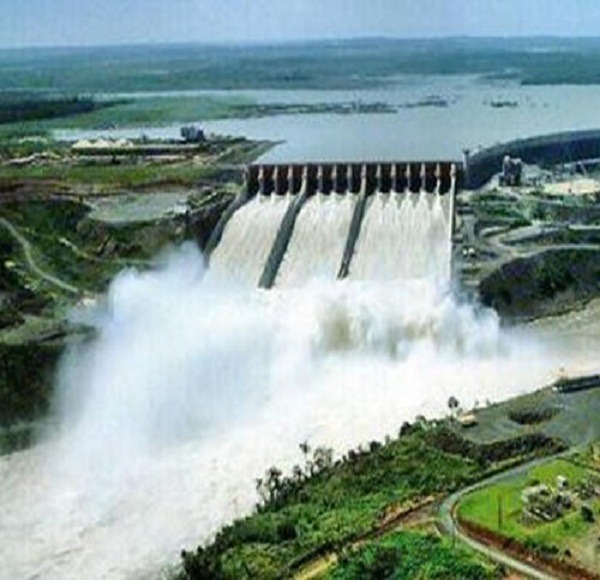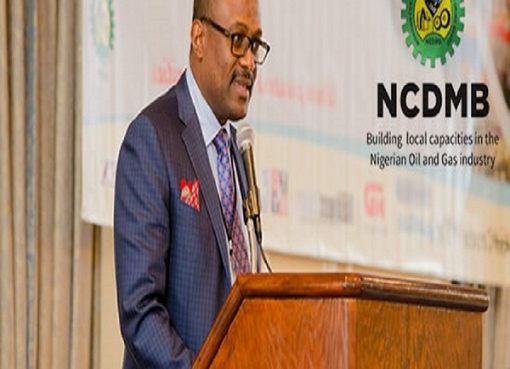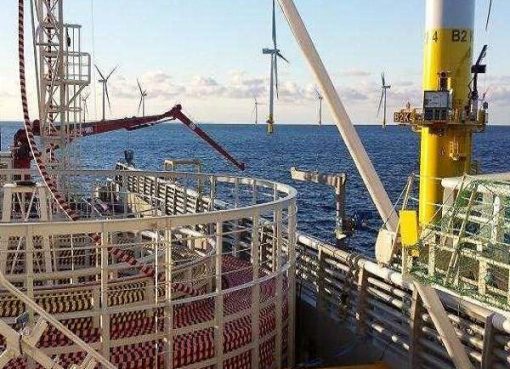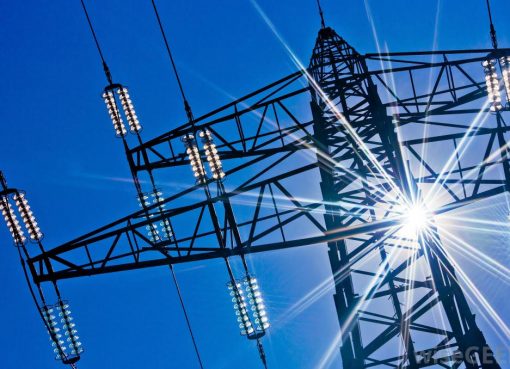There may be a ray of hope in the hydro power subsector if stakeholders, including the Federal Government, can put in place water storage facilities and good generators that will enable hydro plants work effectively. By so doing, the hydro power stations will be able to complement gas plants to produce the quantum of electricity needed.
If the prediction of the Nigerian Meteorological Agency (NiMET) that Nigeria would experience a heavy rainfall in most part of the year is anything to go by, then the power sector, especially the hydro power subsector, will benefit a lot.
The reason is that the rainy season is fast approaching, which implies that the water level of the hydro-power plants across the country, would increase rapidly. Based on this, the plants would not find it difficult to generate the electricity that would be enough to stimulate the growth.
At present, the country survives on two major types of electricity. They are gas turbine power, which provides 70 per cent of power, while the hydro power provides the balance.
Though the country is experimenting with renewable energy, such as solar, and biomass, the energy sources cannot be equated with gas and hydro power in terms of the megawatts. Renewables are at best for smaller communities because they generate the lowest electricity.
Also, the power sector has total installed capacity of 10,396 megawatts (Mw). Of this, thermal generation firms provide 8, 4579 Mw, while hydro power firms the balance.
Eralier, Nigeria relies on three hydro power stations.They are Shiroro, Kainji and Jebba and they have the capacity to produce enough megawatts, aside smaller dams located across the country. However, the largest hydro power plant, which the Federal Government is targeting to increase power supply is Mambila Power Project, expected to add 3,000 Mw to the grid on completion.
The Director, Centre for Energy Studies, University of Port Harcourt, Prof Wunmi Iledare, told The Nation, that the sector would benefit a lot of people.
He said the country boasts of natural endowments, such as rivers and lakes, adding that they are veritable sources of generating electricity.
He said: “Rivers and other natural sources are many and they can be used to generate some megawatts of electricity in the country. No matter how small those megawatts are, they would serve the needs of some people. What the government needs to do is to provide an enabling environment for Nigerians who intend to generate hydro power.The country is blessed with abundant rainfall, which would automatically help operators of hydro-power plants to produce electricity. Once Nigeria is able to combine gas-turbine form of electricity with hydro, the country would find it easier to generate huge megawatts of electricity for growth.”
Nigeria’s problem, Iledare said, is more of evacuation of electricity than generation, adding that the country is finding it difficult to evacuate the bulk of electricity it is generating.
According to him, the country is generating 10,000Mw and it is unable to evacuate 50 per cent of that figure, noting that the development has impacted negatively on the supply of electricity in the country.
“Hydro power is natural and it is a good thing that Nigeria has enough water to operate with. However, it would be good, if the country can create more grids with a view to transmit electricity. We don’t need to generate electricity in Port Harcourt and take it to Lagos for transmission.The issue of generating electricity and taking it to Osogbo, the epicentre Transmission Company of Nigeria (TCN) is not good enough,‘’ he added.
The power distribution companies (DisCos), Iledare said, should be made to capture the electricity that is being sent to them from the national grid, adding that by so doing, the firms would be able to distribute electricity to homes and office in Nigeria.
Iledare said the problems in the sector revolve round the power generation companies (GenCos), energy distribution firms and the TCN, adding that any attempt by the government to tackle the problems in the value chain would spur growth of the sector.
Also, the Chief Executive officer, Power Cap Limited, Mr Abiodun Ogunleye, advised the Federal Government to ensure that both hydro and gas power plants are working well in Nigeria. He said when those power plants work seamlessly, they would not have problem generating electricity.
The government, Ogunleye said, should try and provide generators and other equipment for Shiroro, Kainji and Jebba hydro power plants, stressing the facilities play vital role in generating power.
“Now the country is waiting for rainfall, which in line with various predictions in the country, would he heavy, operators of the hydro-power plants should leverage the rainfall to increase their output. Also, people that were appointed to manage the hydro power plants should apply the right perceptions, if they want to record growth,” Ogunleye added.
He said hydro power plants are adding to the power output in many countries in Europe, adding that Nigeria cannot be an exemption.
Source: Thisday










